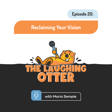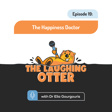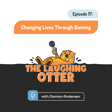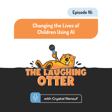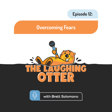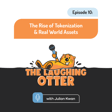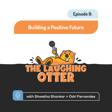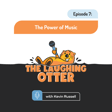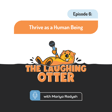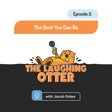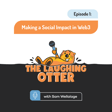
We Are More the Same Than Different with Keenan Crisp
A former Paratrooper turned Power Yogi turned Performance Coach, Keenan brings the Yin with the Yang.
Keenan trained & led troops in Australia, Thailand, Malaysia, Singapore and in East Timor.
He later took a five year sabbatical which included touring Europe on a motorcycle for 1 year, living in ashrams in India for 3 years & volunteering for Médecins Sans Frontières (MSF) / Doctors Without Borders for 6 months, where he logistically ran a hospital near the front line of a 10 year conflict in Congo.
On return to Australia Keenan led national & international yoga retreats, teacher trainings & he’s facilitated over 10k hours of philosophy, meditation, breath work & yoga classes to approx. 400-500 students a week for over a decade.
Keenan is a co-owner & master facilitator at Power Living Australia & he is the Founder & CEO of Foundations For Success Coaching.
Rigorously trained as a Certified High-Performance Coach™, Keenan has over the past six years helped hundreds of business leaders & professionals gain clarity, generate energy, increase their productivity, develop influence, demonstrate courage, live purposefully & strive satisfied as Happy Achievers.
Keenan has remained dedicated over the past 20+ years to studying, mastering & sharing the Science of Success.
